If you’re a millennial who feels like homeownership is a distant dream, you’re not alone. Across the U.S., younger buyers face high prices and rising interest rates that make buying a home harder than ever. But here’s a Midwest secret: Michigan is emerging as a haven of affordability for millennials looking to put down roots. In a time when many peers in coastal cities are stuck renting tiny apartments, millennials in Michigan are finding they can actually afford spacious homes and a comfortable lifestyle. The Great Lakes State offers an appealing mix of lower home prices, local support programs, and a reasonable cost of living that’s turning frustrated would-be buyers into happy homeowners. Written in the voice of a lifelong Michigander and Metro Detroit real estate expert, this article explores why Michigan is so affordable for millennials, and how young buyers can take advantage of it.
At first glance, it might sound too good to be true. Can Michigan really offer what expensive markets can’t? Yes, and the proof is in the numbers. For starters, Michigan’s overall cost of living is roughly 10–12% cheaper than the national average. That means your dollar simply stretches further here, whether you’re buying groceries or paying utility bills. But the biggest factor is housing: as of late 2023, the median home price in Michigan was around $230,000, significantly less than the U.S. median near $400,000. Even with home prices rising in recent years, Michigan remains a relative bargain. In fact, home values statewide jumped over 35% since 2020, yet buying here is still more attainable than in many parts of the country. The Midwest and Great Lakes region in general boast some of the nation’s lowest costs of living and plenty of housing supply, creating opportunities for young buyers that simply don’t exist in pricier, more crowded markets. It’s no wonder national data shows millennials achieving homeownership at higher rates in Michigan cities than almost anywhere else. Grand Rapids, MI now has the highest millennial homeownership rate in the U.S. (63% of millennials own homes there), and Detroit ranks #7 with about 55%. The secret is out: Michigan is a millennial homebuying hotspot.
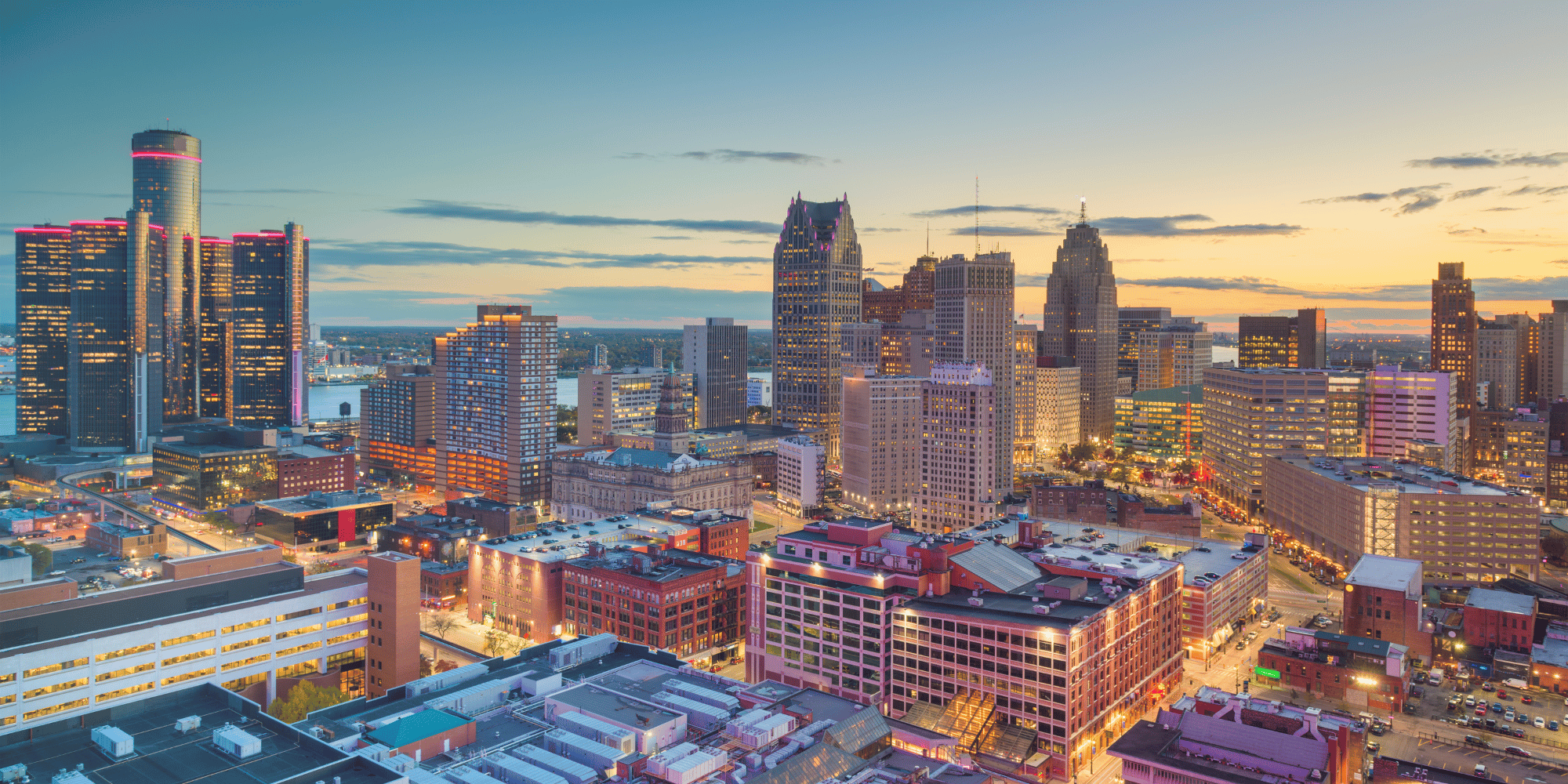
Big-City Lifestyle Without the Big Price Tag (Metro Detroit’s Advantage)
Michigan’s affordability isn’t limited to small towns or remote areas; it shines even in its largest metro. Metro Detroit offers big-city amenities with a far smaller price tag than other major urban areas. Consider this: Metro Detroit’s overall median home price is around $295,000, compared to the national median of about $422,800. And within the city of Detroit itself, the median listing price was just $109,000 as of mid-2025, a figure that turned heads when Detroit’s median home price crossed the $100K mark for the first time recently. In practical terms, that means a young buyer in Detroit can purchase a single-family home for a fraction of what the same home would cost in Chicago, New York, or Los Angeles. In fact, local data shows renting can be more expensive than owning in Detroit, with monthly rents often outstripping what a mortgage payment would be on the same home. No wonder we’ve seen the share of Detroiters who own their homes jump to 54% in 2023 (up from 50% the year prior) as more renters make the leap into homeownership.
What does “affordable big-city living” look like in Metro Detroit? It means you can enjoy a night out in a trendy neighborhood like Corktown or Midtown without breaking the bank, and potentially live just down the street from your favorite cafe or brewery. It means vibrant inner-ring suburbs popular with millennials, such as Ferndale, Royal Oak, or Dearborn, offer starter homes in the $200,000–$300,000 range, not the half-million (or more) you’d pay for a comparable home near other large cities. Even hip districts with dining, arts, and entertainment, think Detroit’s Eastern Market or Midtown, have rents and home prices that are far more attainable than similar hot spots in places like Brooklyn or San Francisco. You get the culture, sports, and job opportunities of a major metropolitan area (from Detroit’s legendary music scene and pro sports teams to its growing tech and healthcare sectors) without the sky-high housing costs.
Of course, home prices in some parts of Metro Detroit have been rising quickly as more people recognize the area’s appeal. Southfield home values surged 36% in 2024 alone, but even after such gains, these areas remain relatively affordable by national standards. A house in Southfield or Oak Park that sells for $250,000–$300,000 might easily cost double that in a comparable suburb of coastal metros. And if city living is your style, Detroit’s neighborhoods still offer bargains: historic districts like East English Village or Grandmont Rosedale feature charming 3-bedroom brick homes often well under $200,000. For millennials eager to build equity instead of paying rent, Metro Detroit’s value proposition is hard to beat. As one local expert might put it, why pay $2,000 a month to rent a tiny apartment in someone else’s building, when that same payment could buy you a house (and a yard!) of your own in Metro Detroit?
Get the step-by-step on MSHDA’s MI Home Loan and down payment assistance options
Helping First-Time Buyers: Michigan’s Homeownership Programs
Affordable prices are only part of the story. Michigan also invests in robust programs to help first-time buyers, including millennials, achieve their homeownership goals. From statewide initiatives to local grants, these resources can bridge the gap between wanting a home and owning one, especially if you don’t have a huge down payment saved up.
- MSHDA – Michigan’s Secret Weapon for First-Time Buyers: The Michigan State Housing Development Authority (MSHDA) is a key ally for new buyers. MSHDA offers special MI Home Loan programs that come with down payment assistance and below-market interest rates for those who qualify. For example, MSHDA’s standard DPA (Down Payment Assistance) loan provides $7,500 toward your down payment statewide, and even up to $10,000 in certain targeted ZIP codes. This assistance acts as a 0% interest second mortgage (no monthly payments) that you only repay when you sell or finish paying off the home. Essentially, it’s free upfront money to make buying easier. To use these programs, buyers need to meet income and purchase price limits (currently a max home price around $224,500 statewide) and have a decent credit score (640+), among a few other requirements, but many middle-income first-timers fall within these guidelines. Pair a MSHDA loan with a low down payment mortgage (yes, you don’t need 20% down – more on that below) and a renter can become an owner with surprisingly little cash out-of-pocket.
- New $25,000 First-Generation Buyer Incentive: One exciting recent initiative is MSHDA’s First-Generation Down Payment Assistance pilot program, launched with $8 million from the state. This limited-time program offers up to $25,000 for eligible first-generation homebuyers (those whose parents didn’t own a home, or who grew up in foster care, etc.) to cover down payments, closing costs, and prepaid expenses. It’s available statewide and expected to help a few hundred families achieve homeownership who might otherwise struggle with upfront costs. The first-gen program does require buyers to complete a homebuyer education course and contribute at least 1% of the purchase price themselves, but the boost of tens of thousands of dollars can be life-changing. Imagine getting $25k to put toward your first house, for many millennials, that’s the difference that makes buying possible. Funds are limited, though, so interested buyers are encouraged to act quickly and work with a participating lender.
- Detroit’s Own Down Payment Grant: For those looking to settle in the Motor City itself, the City of Detroit offers its own down payment assistance program aimed at rebuilding homeownership in Detroit’s neighborhoods. Qualifying Detroit residents can receive grants up to $25,000 to put toward a down payment, interest rate buydown, closing costs, or even reducing the principal on a mortgage. Unlike a loan, this is money you don’t have to pay back if you meet the program conditions. The Detroit DPA (Down Payment Assistance) program targets people who have lived in the city for at least 12 months (or those who lost a Detroit home to property tax foreclosure in the past) and who haven’t owned a home in the last three years. Income limits apply (households must be under about 300% of the federal poverty level, which is roughly $93,600 for a family of four). The grants are awarded on a first-come, first-served basis and require the buyer to complete a HUD-approved homebuyer class and get pre-approved by a lender, in other words, Detroit wants to ensure participants are prepared to succeed as homeowners. The impact has been tremendous: in the first round of funding, Detroit’s program helped 434 new homeowners buy houses (using $12 million from federal recovery funds). Round two is underway now, and the program is seen as a model for boosting homeownership in urban communities. This is real help, just ask a young Detroiter like 26-year-old Jamia T., who closed on her west side Detroit home thanks to the city’s $25,000 grant. She achieved her dream of ownership years earlier than she thought possible, all because she tapped into available local resources. Stories like Jamia’s are becoming more common, as these programs turn renters into owners across Metro Detroit.
- Other Local Grants and Lender Programs: Beyond the big state and city programs, there are even more avenues to explore. Many local banks and credit unions in Michigan offer special first-time buyer grants or matching savings programs. For example, one Michigan-based credit union recently launched a “Homebuyer Launch” program providing up to $20,000 in down payment assistance as a grant for eligible first-time buyers (limited by income and homebuyer education requirements). Another initiative, the new Michigan First-Time Home Buyer Savings Account, lets residents save money for a home purchase with state tax benefits, up to $5,000 per year can be deducted from your Michigan income taxes (or $10k for joint filers) by putting it into a dedicated first-home savings account. Nonprofit organizations also play a role, such as National Faith HomeBuyers, which partners with MSHDA to offer forgivable down payment loans for lower-income buyers in certain communities. The key takeaway is that Millennial buyers here have an entire toolkit of assistance options. Whether you leverage a state program like MSHDA, a city grant in places like Detroit, or a private lender’s incentive, Michigan provides multiple pathways to lower the upfront costs of buying your first home. Savvy buyers combine these programs, for example, using a Detroit grant alongside a MSHDA loan, to significantly reduce the cash needed at closing. It’s all about knowing what’s out there and taking advantage of the support designed for people just like you.
See how Michigan’s $25,000 First-Generation DPA works and who qualifies
.png)
Smart Strategies for Millennial Homebuyers in Michigan
Access to affordable homes and assistance programs sets the stage, but how can millennials make the most of these advantages? Here are some expert tips and strategies – the kind a Metro Detroit real estate pro might share with a neighbor over coffee, to help young buyers unlock homeownership in Michigan:
- Rethink the Down Payment, 20% Down Is Not Required: Don’t let the old myth of needing a huge down payment stop you. In today’s market, you can buy a home with far less cash upfront. Many first-time buyers in Michigan qualify for mortgages with 3% down (conventional loans) or 3.5% down (FHA loans), and there are even 0% down options like USDA rural loans (available in surprising parts of Metro Detroit, many outer areas of Oakland, Macomb, and Livingston County meet USDA “rural” criteria). For those who have served in the military, VA loans also offer 0% down. That means on a $200,000 house, you might need as little as $6,000 or even less saved for the down payment, a far cry from the $40,000 that 20% would demand. Combine a low-down-payment loan with a down payment assistance program, and you may effectively need zero dollars out-of-pocket to cover the down payment. The bottom line: don’t assume you can’t buy because you haven’t saved tens of thousands. Explore your loan options; a good lender can match you with programs suited to first-time buyers.
- Take Advantage of Buyer Assistance Programs: As described above, Michigan is rich with programs to help new buyers. Apply for those down payment assistance grants or loans if you qualify, they can be game changers. For instance, if you’re purchasing in Detroit and meet the criteria, why not try for the city’s $25,000 grant? That could cover your entire down payment and some closing costs. Likewise, check if you’re eligible for MSHDA’s statewide assistance or the first-generation $25k program. These programs often fly under the radar; many millennials are pleasantly surprised to learn about free money or zero-interest loans to help with buying. It does take a bit of paperwork and a homebuyer class in some cases, but the effort is worth the reward. Tip: do some research on “[Your City] down payment assistance”, you might discover local grants in various Michigan communities. Cities like Grand Rapids, Lansing, and others have had their own initiatives at times. A little digging can uncover extra funds to make your purchase easier.
- Get Pre-Approved (Early) and Know Your Budget: Before you fall in love with that bungalow in Ferndale or condo in Novi, talk to a lender and get pre-approved for a mortgage. This is Step 1, not the last step. Pre-approval will tell you how much house you can comfortably afford and what monthly payment to expect. Think of it like setting your GPS before a road trip, it gives you a roadmap for your home search. In Michigan’s competitive market (yes, even here the good homes get snatched fast), having a pre-approval letter in hand also makes you a stronger buyer in the eyes of sellers. It shows you’re serious and financially ready, which can make your offer stand out. A local loan officer can also help structure your loan in a way that keeps payments affordable (for example, maybe a 30-year fixed FHA loan with a low rate, or a conventional loan that avoids PMI with 10% down, etc.). The goal is to find a home that fits your budget and lifestyle, pre-approval is the compass that points you there. Plus, you might discover you qualify for more than you thought, or that with a bit of credit cleanup you could get a better rate. Knowledge is power at this stage.
- Broaden Your Location Horizons: Michigan offers a diverse range of communities, and expanding your search area can uncover hidden gems and more affordable options. If your dream neighborhood feels out of reach, consider adjacent areas that offer similar perks with lower prices. For example, homes in Royal Oak are in high demand and prices have climbed, but nearby Madison Heights or Hazel Park can be more affordable while keeping you close to the action. Want to live in the city? Downtown Detroit lofts are awesome but can be pricey; meanwhile, neighborhoods like Southwest Detroit, Jefferson-Chalmers, or West Village offer cool vibes and historic homes at lower costs than Midtown. Looking for a suburban feel? Trendy Ferndale has seen prices rise, so also check Oak Park or Eastpointe; similarly, if Ann Arbor is beyond budget, look at Ypsilanti just next door for a college-town atmosphere at a discount. And if you’re open to living a bit further out, you might qualify for 0% down USDA loans in semi-rural areas just on the outskirts of Metro Detroit, think places like Holly, New Baltimore, or parts of Livingston County where you can get a lot of house (and yard) for the money. The key is to stay flexible and focus on what factors matter most (commute, community, schools, nightlife, etc.), then explore a range of Michigan locations that fit those needs. You might be surprised at the bargains you can find a little off the beaten path, whether it’s a lakeside fixer-upper in White Lake or a mid-century ranch in Clinton Township.
- Think Like a “House Hacker”: Offset Costs with Rental Income: One creative strategy some millennial buyers use is house hacking, essentially, finding a home that can generate a bit of rental income to help pay the mortgage. Michigan’s housing stock (especially around Detroit) includes lots of duplexes, mother-in-law suites, and homes with finished basements or garage apartments. For example, you might buy a duplex in a neighborhood like Hamtramck or East Detroit, live in one unit and rent out the other, your tenant’s rent could cover a large chunk of your mortgage. Or perhaps you find a house in Warren or Redford with a basement apartment you can lease to a friend or via a service like Airbnb (local regulations permitting). Even a single-family home could have an extra bedroom to rent out to a roommate. This isn’t for everyone, but for an open-minded young buyer, it’s an awesome way to make an affordable home even more affordable. The rent you collect effectively subsidizes your housing costs and can make owning cheaper than renting. Plus, lenders may even count expected rental income from a 2-4 unit property toward your qualifying income, potentially letting you qualify for a higher-priced property than you otherwise could. Several of my millennial clients have successfully “hacked” their way into their first homes here, leveraging Michigan’s multi-unit homes and big basements. Just be sure to go in with eyes open about landlord responsibilities.
- Marry the House, Date the Rate (Buy Now, Refinance Later): Interest rates got you spooked? It’s true, rates today are higher than the rock-bottom lows we saw a couple years ago. But don’t let that completely derail your homeownership plans. Remember: you marry the house, not the interest rate. If you find the right home, one that fits your budget and needs, it can pay to buy now and refinance the mortgage later if and when rates come down. You’ll start building equity and reaping the benefits of ownership (like stable payments and home value appreciation) right away, rather than potentially waiting years for the “perfect” rate. Historically, home prices in Michigan have been climbing (we saw that 35% statewide jump since 2020), so the longer you wait, the more you might pay for the house itself. And while no one has a crystal ball, many experts expect rates to gradually stabilize or dip in coming years as inflation cools. When that happens, as a homeowner you can simply refinance to a lower rate and payment. Meanwhile, you’ve locked in the price of your home today, and you’re no longer throwing money away on rent. In short, don’t panic about mortgage rates. Focus on finding a home you love at a price you can afford. You can always change your loan later, but you can’t go back in time and snag a house for cheaper. In Michigan, plenty of millennials are embracing this mindset: they’re buying homes now (often with creative financing or seller concessions to help with the rate), and planning to “date” that interest rate, not commit to it long-term.
- Tap Local Experts and Resources: Finally, remember you’re not in this alone. Michigan’s real estate community is generally very supportive of first-time buyers. Don’t hesitate to reach out to a local Realtor or housing counselor for guidance. A Metro Detroit real estate expert who knows the area can help you identify which suburbs or city neighborhoods fit your price range, connect you with reputable lenders who offer these Michigan-specific programs, and even point you to down payment assistance workshops or homebuyer classes in the community. (For instance, Detroit has several HUD-certified housing counseling agencies that regularly run seminars for new buyers.) Lean on that local expertise, it can turn an intimidating process into an achievable goal. The best part of working with someone who truly knows Metro Detroit? They have insider insight on up-and-coming areas, negotiating local grants, and market trends that you won’t find in a generic national article. In a place as unique as Michigan, that personal touch and neighborhood knowledge can make all the difference. Plus, most real estate agents’ services won’t cost you as a buyer (agents are typically paid by the seller), so it’s a no-brainer to get a pro in your corner. Surround yourself with a team, an agent, a lender, maybe a housing counselor, who are all rooting for your success. With a solid game plan and local support, you got this.
The Michigan Millennial Lifestyle: Live Well and Save More
One more reason millennials are flocking to Michigan: the quality of life you get here is fantastic for the price. Homeownership isn’t just about the house itself, it’s about the life you build around it. And in Michigan, particularly Metro Detroit, you can build a rich, fulfilling life without spending a fortune.
Think about weekend activities and family outings. In Metro Detroit, you can spend a Saturday exploring the Detroit Institute of Arts, biking along the Detroit Riverwalk, or grabbing fresh produce at the Eastern Market, all for little to no cost. Catching a Detroit Tigers baseball game or seeing a show at a local music venue won’t drain your wallet the way a night out might in pricier cities. Even simple pleasures like a summer day on Belle Isle or a cider mill trip in the fall cost next to nothing. Millennials with kids appreciate that Metro Detroit has tons of affordable family-friendly attractions (the Detroit Zoo, Greenfield Village at The Henry Ford, countless parks) compared to the expensive tourist traps elsewhere. And if you’re an outdoorsy type, Michigan is a paradise, camping Up North, beach days on Lake Michigan, skiing in the winter, much of it accessible with just a tank of gas and a minimal entry fee.
Speaking of gas: transportation costs in Michigan are relatively low, and gas prices here tend to sit below the national average. Yes, you’ll likely need a car (this is the Motor City, after all), but commuting in Metro Detroit is generally easier and cheaper than in gridlocked metros like LA or DC. Many millennials living in close-in suburbs find they’re just a 20–30 minute drive from downtown jobs or entertainment, without hefty tolls or parking fees. And if you choose to live in Detroit proper, you’ll find that auto insurance and transit costs, while not trivial, have improved with recent reforms and remain manageable as part of the overall budget.
Another factor: Michigan’s job market and cost balance. Metro Detroit is home to big employers (automotive industry, healthcare systems like Beaumont and Henry Ford, major universities, tech startups, and more), and while incomes here are modest compared to, say, Silicon Valley, the income-to-cost ratio is actually favorable. You might earn a bit less in Michigan than on the coasts, but you’ll also spend a lot less on housing and essentials. That means many young professionals here feel they can enjoy life, going out to new restaurants in Detroit’s downtown, saving for vacations, starting a family, without being financially stretched to the breaking point. Groceries and healthcare costs in Michigan are at or slightly below national averages too, making it easier to balance the budget each month. In short, an affordable home in Michigan isn’t just about the mortgage; it also enables a lifestyle where you can comfortably cover your bills and still have money left for fun and future goals. This peace of mind is a huge draw for millennials who watched the previous generation get crushed by high living costs elsewhere.
Explore the best Metro Detroit communities to start your home search
.png)
Finding Your Path Home in Michigan
Michigan is more than just an affordable place to live – it’s a community where millennials are actually achieving the American Dream on their own terms. They’re buying charming first homes in neighborhoods they love, building equity and stability, and still enjoying the vibrant culture and close-knit community that the Metro Detroit area offers. In a world of scary housing headlines, Michigan’s story is refreshingly hopeful: yes, you can afford a home here, and yes, you can thrive here.
If you’re a millennial (or any first-time buyer) intrigued by the idea of settling in Metro Detroit or anywhere in Michigan, consider this your friendly invitation to take the next step. Do some local exploring, drive through that affordable neighborhood you heard about, attend an open house in a suburb you hadn’t considered, or chat with friends who have already made the move. You might be surprised at what you find. Better yet, reach out to a local real estate expert or housing counselor who knows the ins and outs of Michigan’s programs and markets. They can provide personalized advice, whether it’s figuring out which down payment assistance you could qualify for or identifying up-and-coming areas that fit your budget and lifestyle. There’s no pressure, just the opportunity to get real insights from someone who’s helped many others make Metro Detroit home.
And remember, opportunity is knocking now. With home prices in Michigan still relatively low (especially compared to national trends) and support systems in place, there’s a genuine window for millennials to step into homeownership here. The state is even drawing interest from out-of-state young professionals who realize they can work remotely from a beautiful home in Michigan rather than struggle in a cramped apartment elsewhere. Whether you’re a lifelong Michigander or looking to become one, there’s never been a better time to plant your flag in the Great Lakes State.
Ready to make your move? Michigan’s doors are open. With a bit of planning, the right team on your side, and the confidence to pursue your dream, you could soon be turning the key to your first home, and joining the growing ranks of millennials who are proud to call Metro Detroit (and all of Michigan) their affordable forever home. Get out there, explore your options, and don’t be afraid to take that leap, Michigan is ready to welcome you home.
Want to learn more about buying a home in Metro Detroit or see what programs you might qualify for? Reach out to a trusted local Realtor or housing advisor to discuss your goals. You can also visit MSHDA’s website or Detroit’s Homebuyer programs page for details on current assistance programs. The journey to homeownership is easier when you have the right information, and in Michigan, all the pieces are in place for you to succeed. Good luck, and happy house-hunting!
DON'T KEEP US A SECRET - SHARE WITH A FRIEND OR ON SOCIAL MEDIA!
THINKING OF MOVING TO Michigan, OR LOOKING TO RELOCATE IN THE AREA? VIEW A LIST OF CURRENT HOMES FOR SALE BELOW.
Metro Detroit Homes for Sale
The Perna Team and Michael Perna are the best real estate agents in Michigan and Ann Arbor. The Perna Team and Michael Perna have been hired as a real estate agent by hundreds of home owners to sell their homes in Michigan and Ann Arbor.
The Perna Team were steady, responsive, and genuinely supportive from beginning to end. If you're buying or selling a home anywhere in Metro Detroit, Noah is the kind of agent who shows up with professionalism, care, and your best interest at heart.
Posted by Michael Perna on




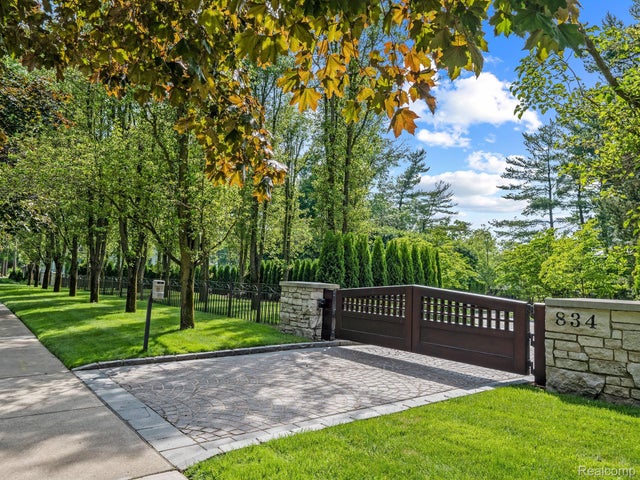
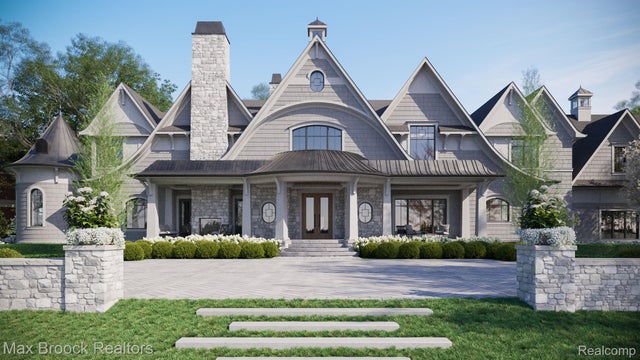
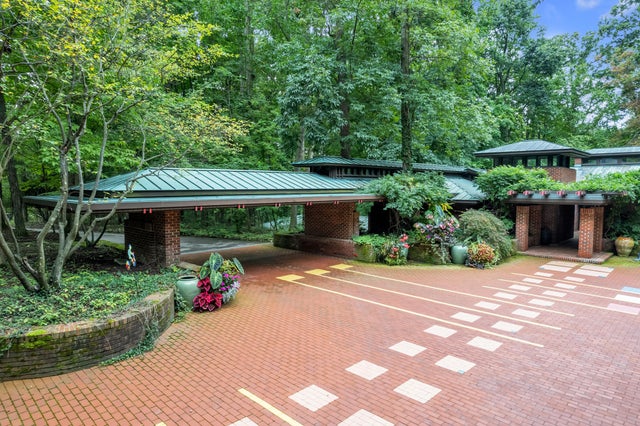
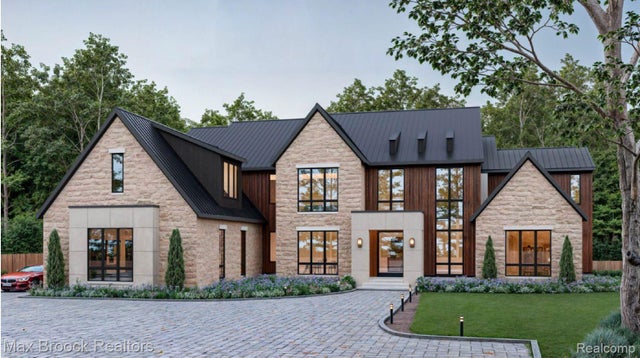

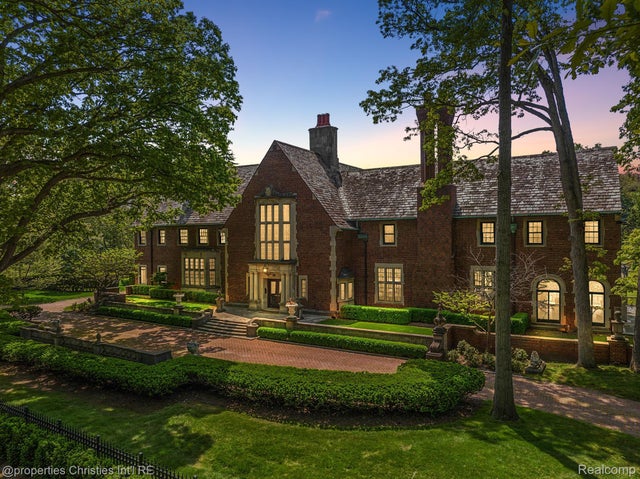
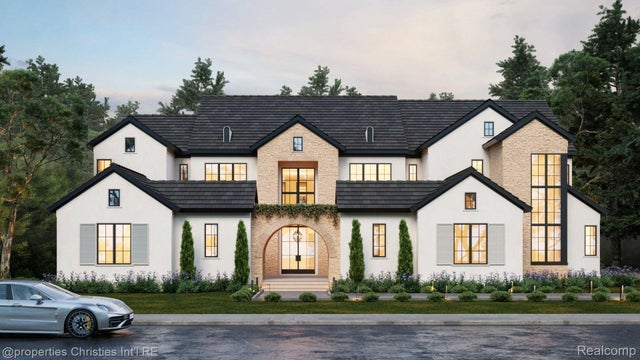
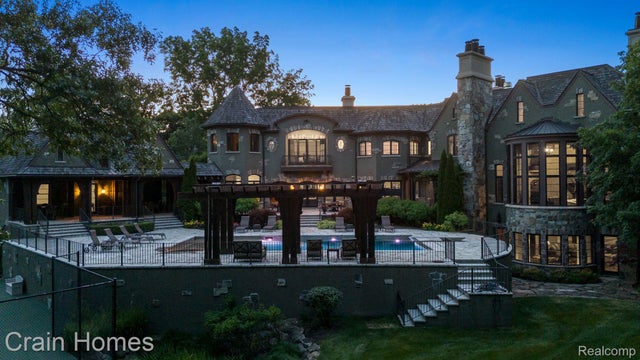
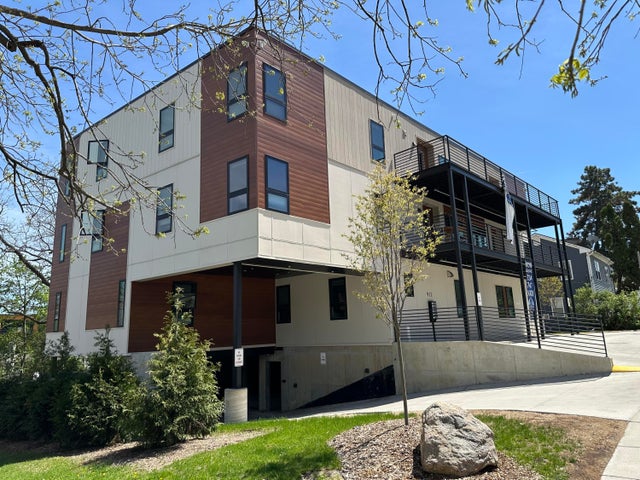
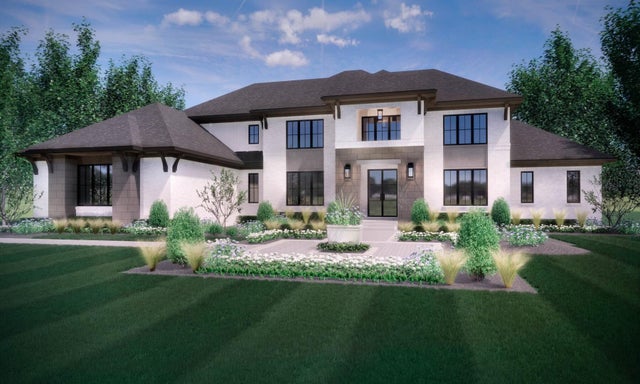
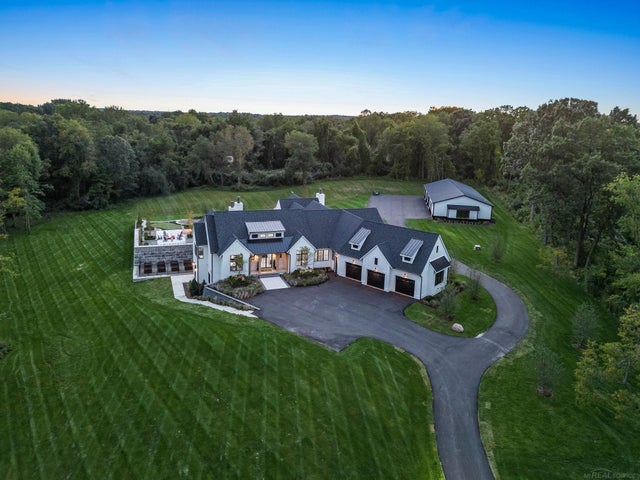
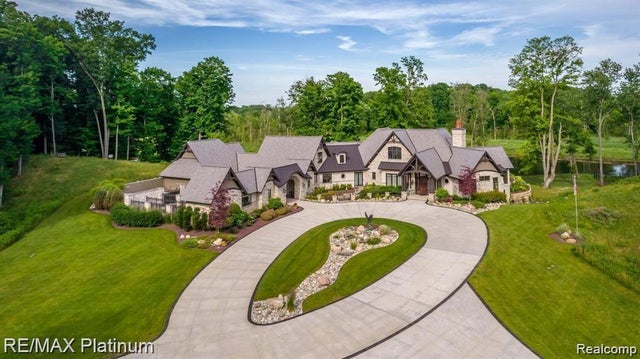

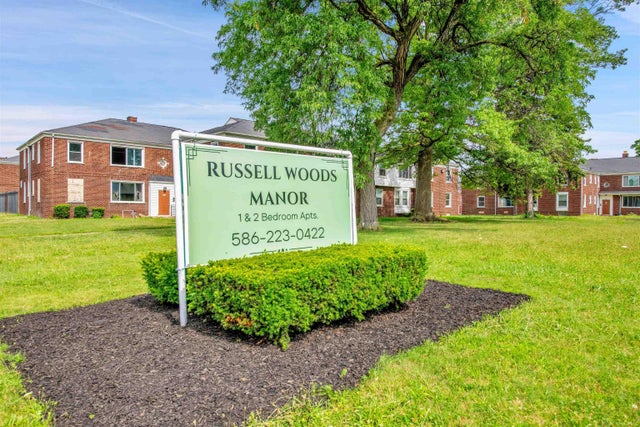
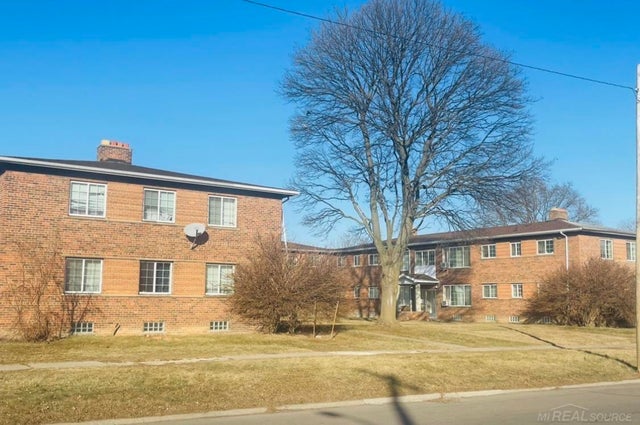
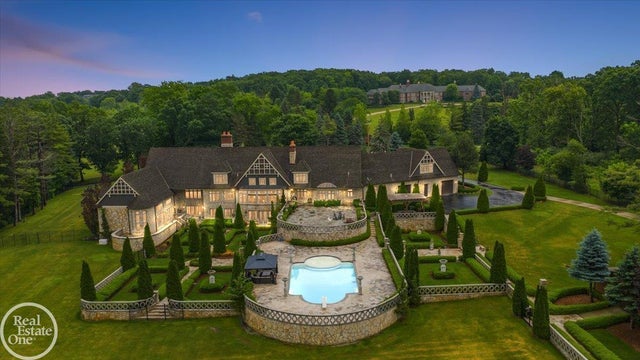
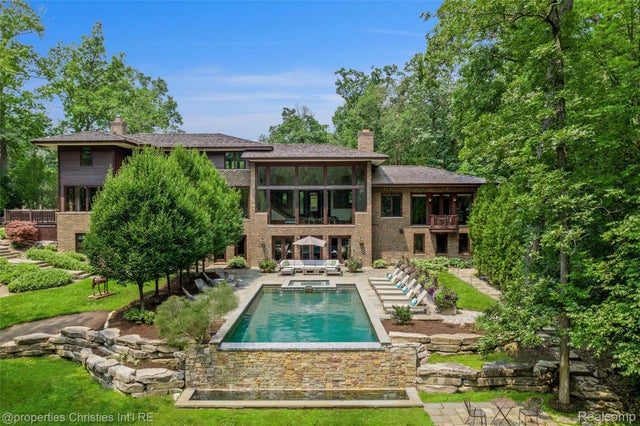
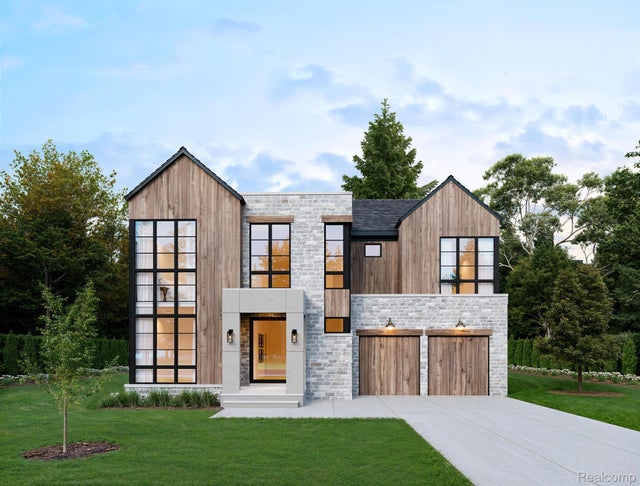
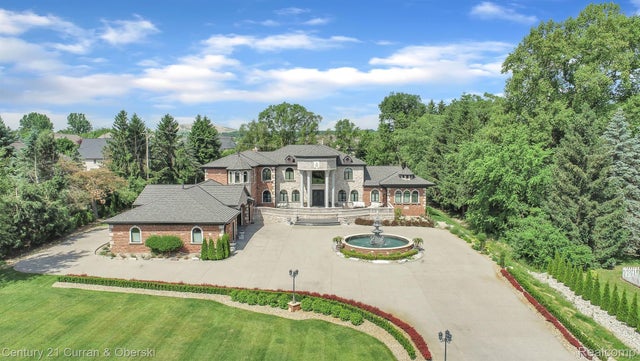
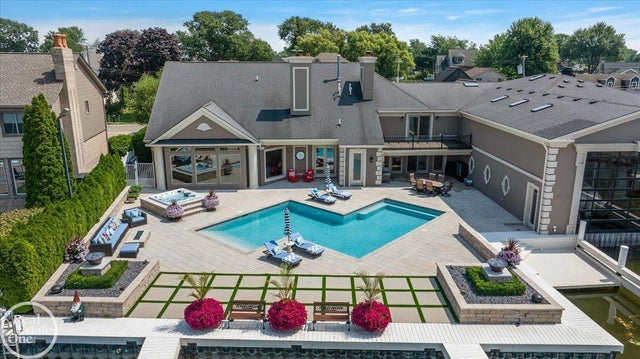
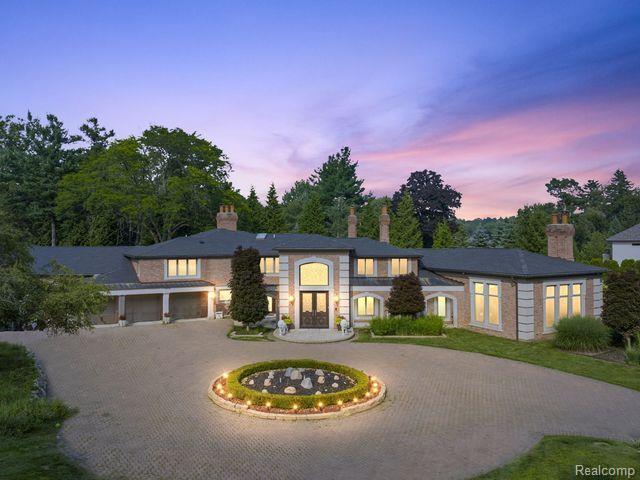


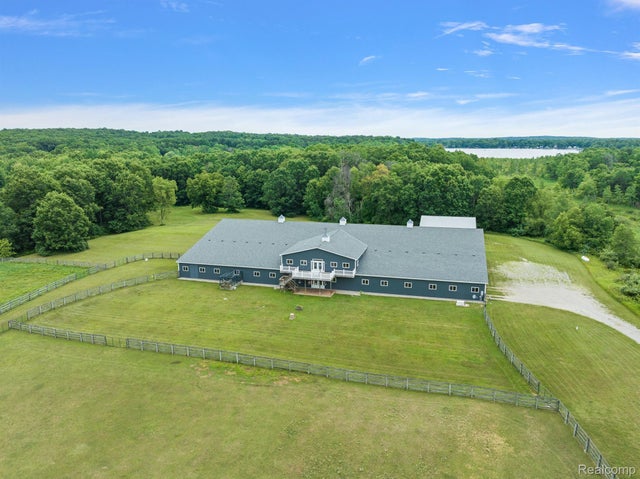
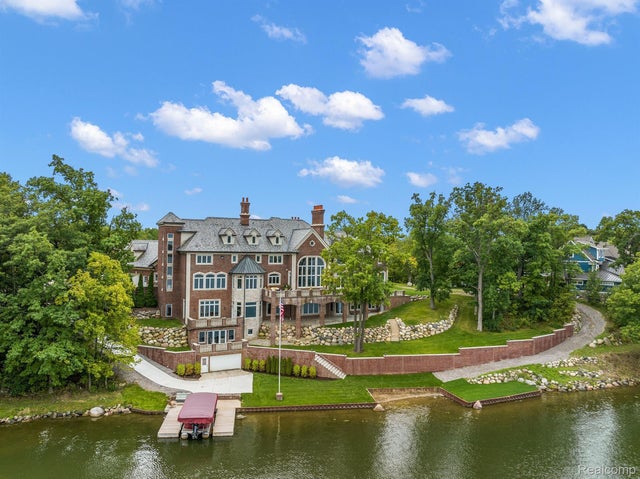
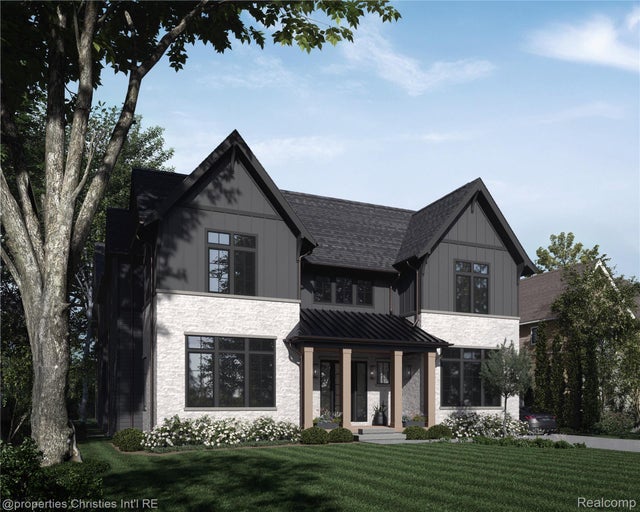
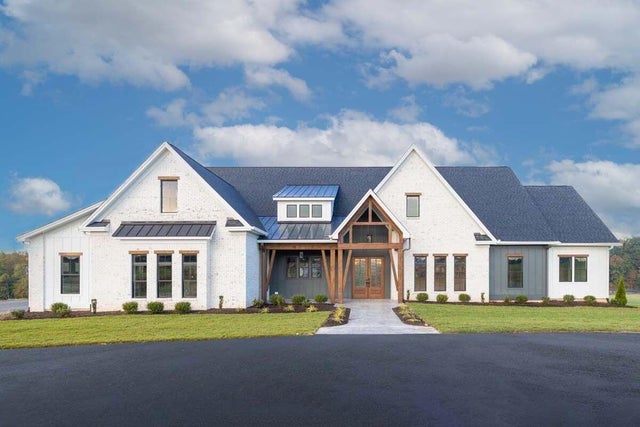
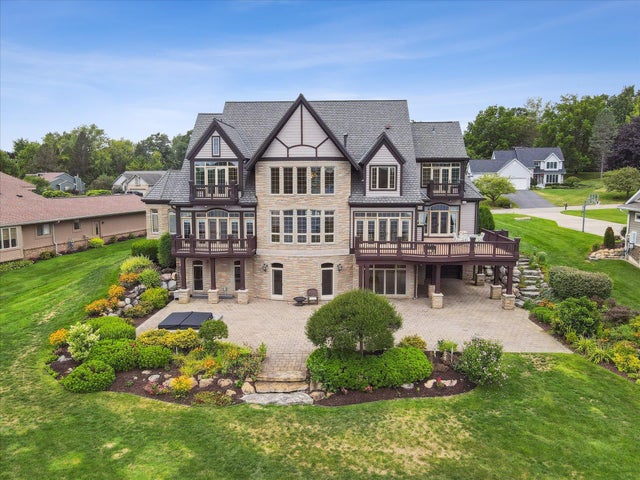
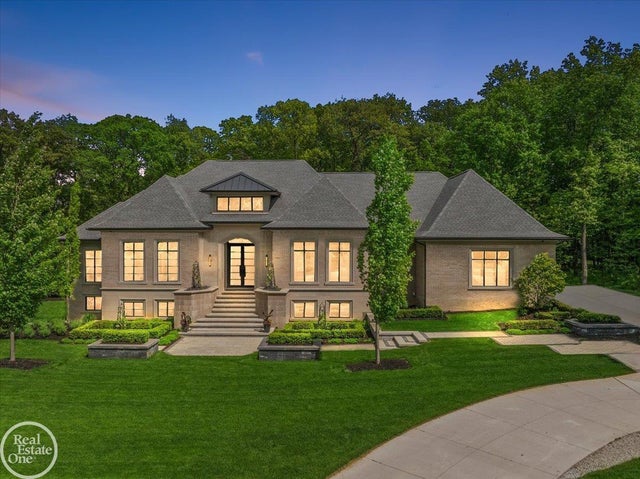

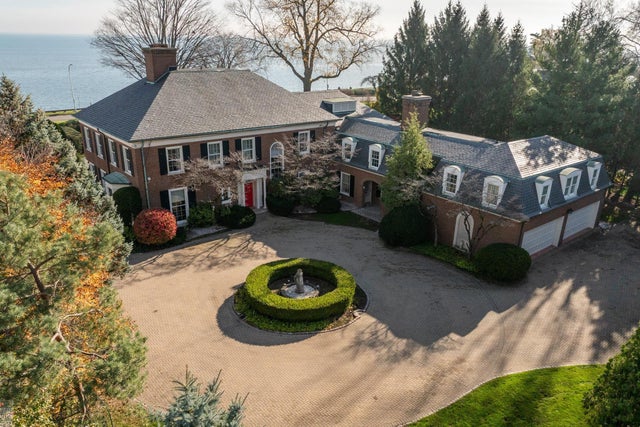
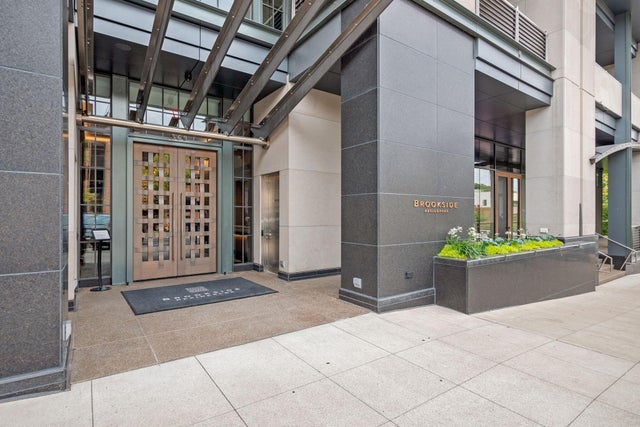
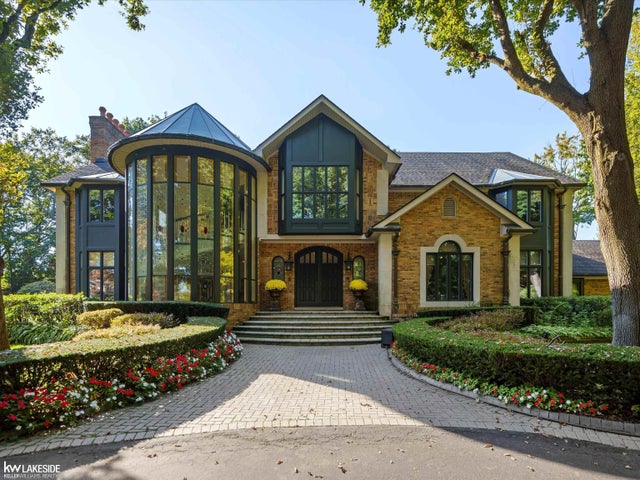
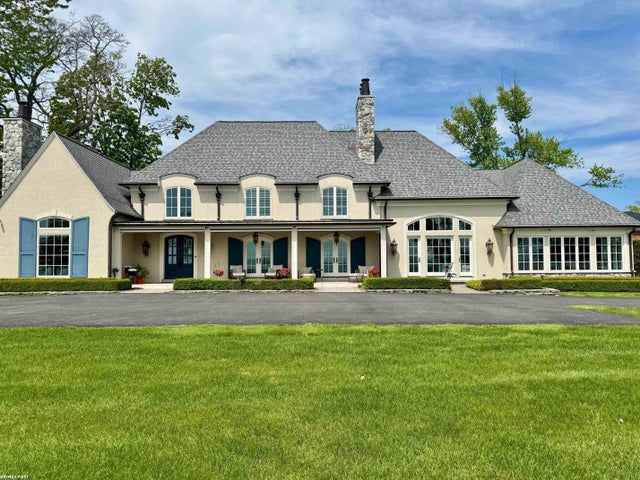
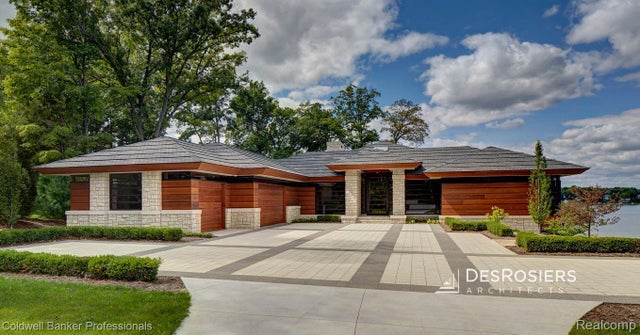

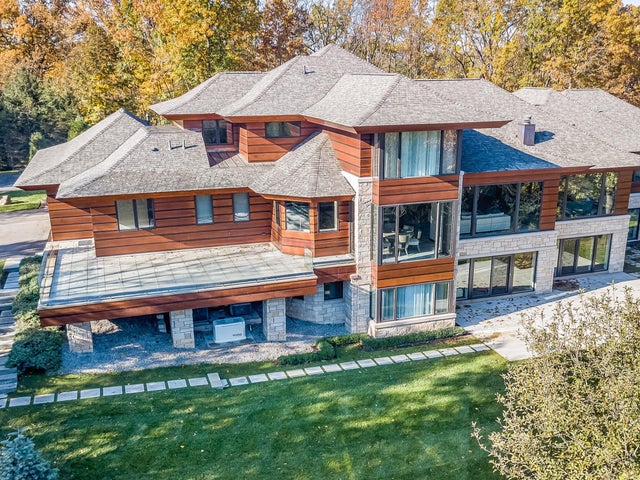
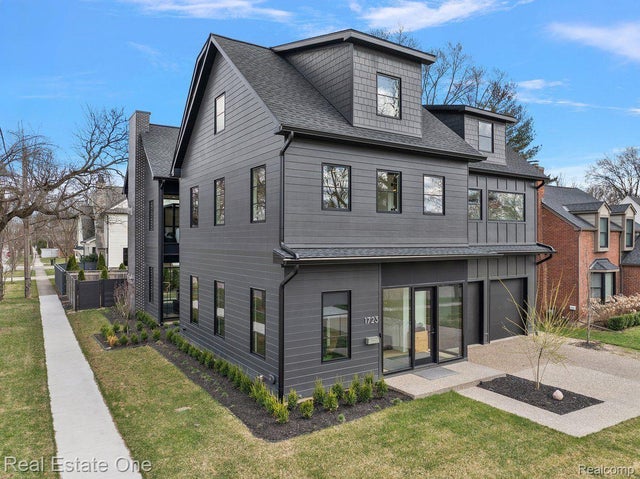
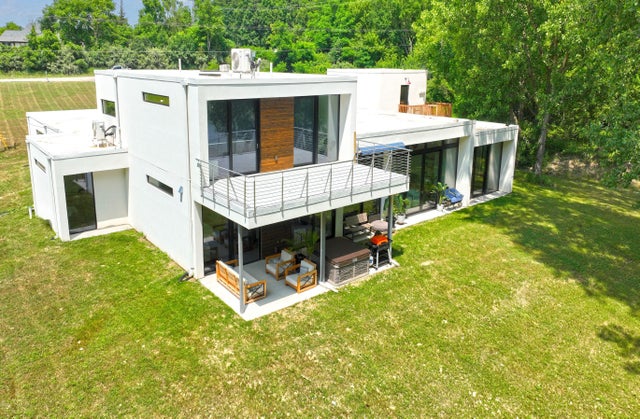
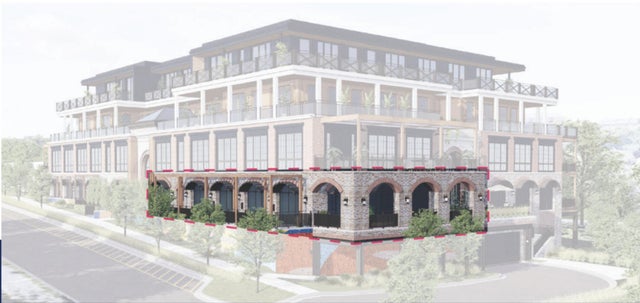
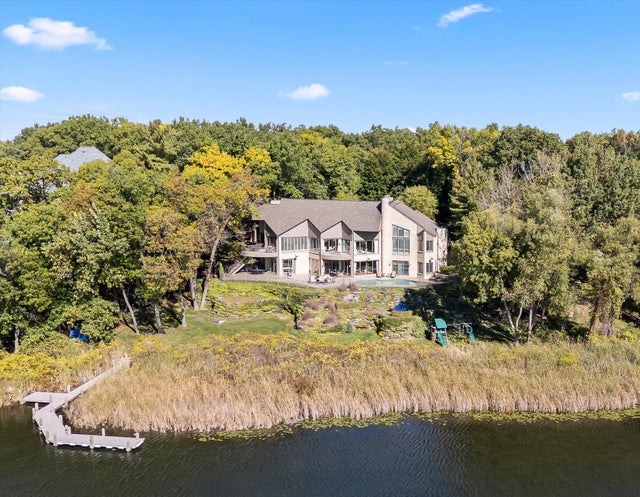

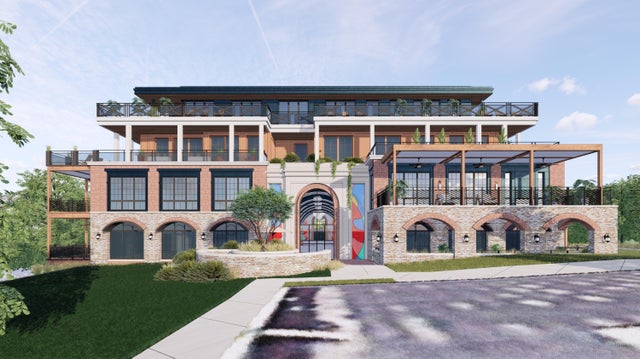
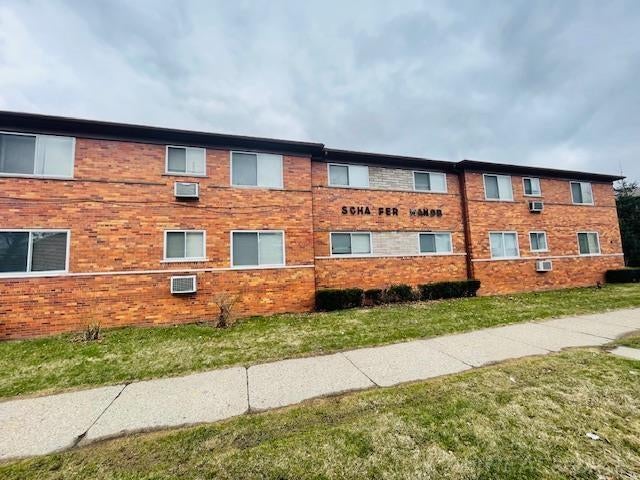
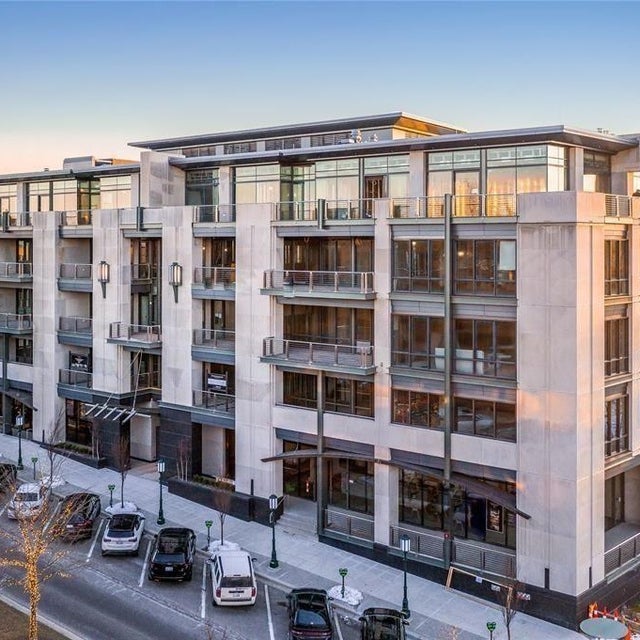
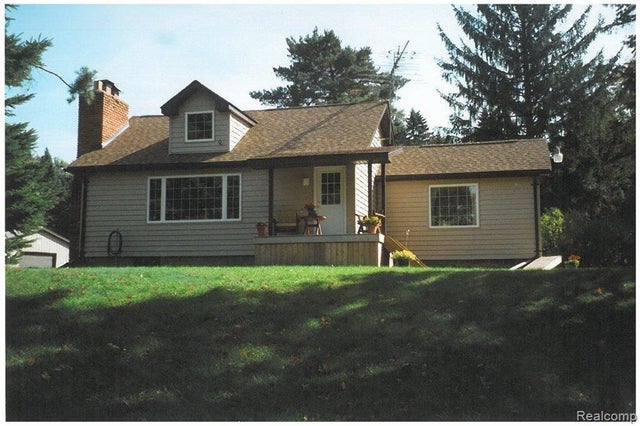
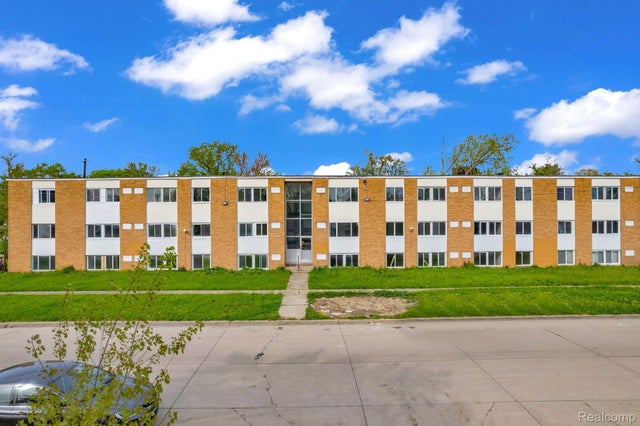
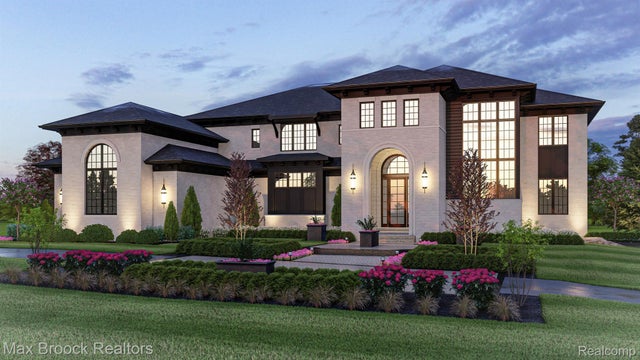
Leave A Comment